Snow blanketed the town in quiet isolation. It covered the roadways and rooftops and treetops, even the magnificent climbing tree that shaded the Carroll’s tiny well-maintained home across from the grade school. Everything was covered with feet of fluffy white powder. Borne by the wicked winter wind, it had curled around corners to layer unevenly on window ledges, lapped over porch screens to create rippling patterns, and drifted into mounds that covered bushes and bicycles, burying whole cars under its weight. It covered Myrtle’s flowerbeds leaving only some tall stalks visible, outlined in glistening ice.
Sledding behind cars was prohibited, and so Bob, Art, Harold and others got out their skis. They gathered at the top of 14th Street hill, put their skis on and waited, throwing snowballs and shoving each other around to stay warm. They were waiting for the first likely, unsuspecting bumper to come their way.
Art pulled his cap down over his ears, rubbed gloved hands together, and grabbed onto the silver fender of a blue Oldsmobile sliding off on wobbly but confident skis. He guided his way nimbly along the edge of the road, slipping back behind the car to avoid heaps of snow, trash cans, and occasional pedestrians. The hill was considerably steeper than he’d expected. His scarf flapped in the wind like a kite tail as he shifted his weight expertly beside the Olds’. Art was fourteen and fast. But gaining speed wasn’t the hard part, slowing down was. At a T-intersection, he lost the car when it turned the sharp corner to the left and Art found himself continuing forward, flying.
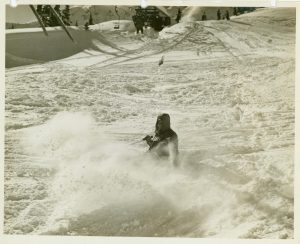
He winced a bit now as he stretched, still sore, but he was the first one up as he usually was on cold mornings, up before anyone scratched a match to the cast iron to light the wood stove, when fingers of ice still tickled at the spine, encouraging a shiver. This morning was no exception. He nursed the cut that was sure to turn into a scar and remembered the impossibility of being airborne and the pain of landing as he scuttled into his jeans.
There was no point lying around in bed. It was a special day anyway. The question was: how best to wake up his lazy brothers? He thought of pounding out a few notes on the piano. But the piano sat in the living room, closer to Mom’s and Dad’s room.
Then it hit him. Art cleared his throat loudly and in booming tenor recited his favorite cold weather poem to Harold’s great distress, and soon, to Bob’s. Although he was in a separate bedroom, only a thin wall divided them.
“There are strange things done in the midnight sun by the men who moil for gold…”
All three boys possessed lovely voices, but at certain times even the best tenor is unappreciated.
“Be quiet!” the wall bellowed.
Art continued on, redoubling his efforts to recite great literature with flair on this cold, damp dawn while adding a second pair of socks and lacing up his boots.
“The Arctic trails have their secret tales
That would make your blood run cold;
The Northern Lights have seen queer sights;
But the queerest they ever did see
Was that night on the marge of Lake Lebarge
I cremated Sam McGee.”
Art put on a clean flannel shirt while ducking pillows and other objects coming from Harold’s side of the room. He was just warming up.
“Now Sam McGee was from Tennessee, where the cotton blooms and blows.
Why he left his home in the South to roam ‘round the Pole, God only knows.
He was always cold, but the land of gold seemed to hold him like a spell;
Though he’d often say in his homely way that ‘he’d sooner live in hell.’
“On a Christmas Day we were mushing our way over the Dawson trail.
Talk of your cold! Through the parka’s fold it stabbed like a driven nail.
If our eyes we’d close, then the lashes froze till sometimes we couldn’t see;
It wasn’t much fun, but the only one to whimper was Sam McGee.”
“You’ll be whimpering when I get a hold of you!” the wall threatened. Harold retrieved a pillow, and now back in bed, covered his head with it and whimpered loudly.
“And that very night, as we lay packed tight in our robes beneath the snow,
And the dogs were fed, and the stars o’erhead were dancing heel and toe,
He turned to me, and ‘Cap,’ says he, ‘I’ll cash in this trip, I guess;
And if I do, I’m asking that you won’t refuse my last request.’
“Well, he seemed so low that I couldn’t say no;
then he says with a sort of moan:
“It’s the cursed cold, and it’s got right hold
till I’m chilled clean through to the bone.
Yet ‘taint being dead—it’s my awful dread of the icy grave that pains;
So I want you to swear that, foul or fair, you’ll cremate my last remains.
“Now a promise made is a debt unpaid, and the trail has its own stern code.”
Art paused, fluffy white powder fell silently from a tree limb and a shuffling sound could be heard behind the wall, followed by thumps rapidly approaching. He ducked behind Harold’s bed just as Bob burst through the door and kept coming. Up and over Harold’s bed, ignoring the “Ow!” coming from the pillow, Bob leaped onto trapped Art with a thud. A scuffle ensued. It was short lived as Art was quickly hog-tied and begging uncle.
“What? What? I can’t hear you!” Bob insisted until Dad appeared in the doorway. He stood in the dimly lit hall with a scowl on his face. He said nothing for a moment while Bob released Art, and they both got to their feet, along with Harold who had been watching and shouting encouragements alongside the pair.
“I see you boys are getting ready to go. Looks like you’re giving your brother something to remember on those lonely days in camp this summer. We’ll be leaving in thirty minutes.” Arthur spoke quietly, a slight twinkle in his eye, then continued down the hallway. Bob left the room glaring and pointing at Art in warning. Harold hopped into his pants. Art brazenly continued his poem, in a slightly lower voice:
“Some planks I tore from the cabin floor, and I lit the boiler fire;
Some coal I found that was lying around, and I heaped the fuel higher;
The flames just soared and the furnace roared—such a blaze you seldom see;
Then I burrowed a hole in the glowing coal, and I stuffed in Sam McGee.
“Then I made a hike, for I didn’t like to hear him sizzle so;
And the heavens scowled, and the huskies howled,
and the wind began to blow.
It was icy cold, but the hot sweat rolled down my cheeks,
and I don’t know why;
And the greasy smoke in an inky cloak went streaking down the sky.
“I do not know how long in the snow I wrestled with grisly fear;
But the stars came out and they danced about ere again I ventured near;
I was sick with dread, but I bravely said: “I’ll just take a peep inside.
I guess he’s cooked, and it’s time I looked;” . . . then the door I opened wide.
“And there sat Sam, looking cool and calm, in the heart of the furnace roar;
And he wore a smile you could see a mile, and he said: “Please close that door.
It’s fine in here, but I greatly fear you’ll let in the cold and storm—
Since I left Plumtree, down in Tennessee, it’s the first time I’ve been warm.”30
“You’re going to feel warm!” the wall threatened again, “I’ll sick the Yocum gang on you!”
The boys crowded their way eventually into the car, and the family traveled on a crisp clear morning down a newly snow-plowed road, their destination Cheyenne. Bob was on his way to enlist in the Civilians’ Military Training Corps, or CMTC.
The CMTC was a university training program that was used to prepare young men for military service. Bob and other volunteers would be given four weeks of military training each summer, starting this summer. Those who finished four years and home study courses were then eligible for commissions in the Officers’ Reserve Corps.
Bob dreamed of becoming a Commissioned Officer; it would be his leap into the future. Even though poverty’s plague was all around him, and even though a university education was out of reach financially right now, his skills and talents in the military would allow him to step up, step above, and seize his future with both hands.
Although thoughts of the future were on Bob’s mind as they drove, along the way the boys told stories, gorier and gorier stories about the past, tales of the Wild Bunch, tales of Al Capone, and tales of the Yocum Gang until Myrtle had to insist that they stop.
Excerpted from A Wyoming Cowboy in Hitler’s Germany, available on Amazon at: https://www.amazon.com/Photographer-Paratrooper-POW-Wyoming-Hitlers-ebook/dp/B01M31QLHJ/ref=sr_1_1?ie=UTF8&qid=1539899199&sr=8-1&keywords=Paratrooper+photographer+pow
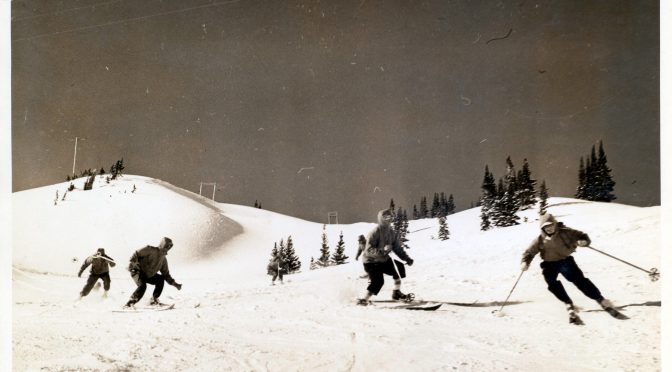
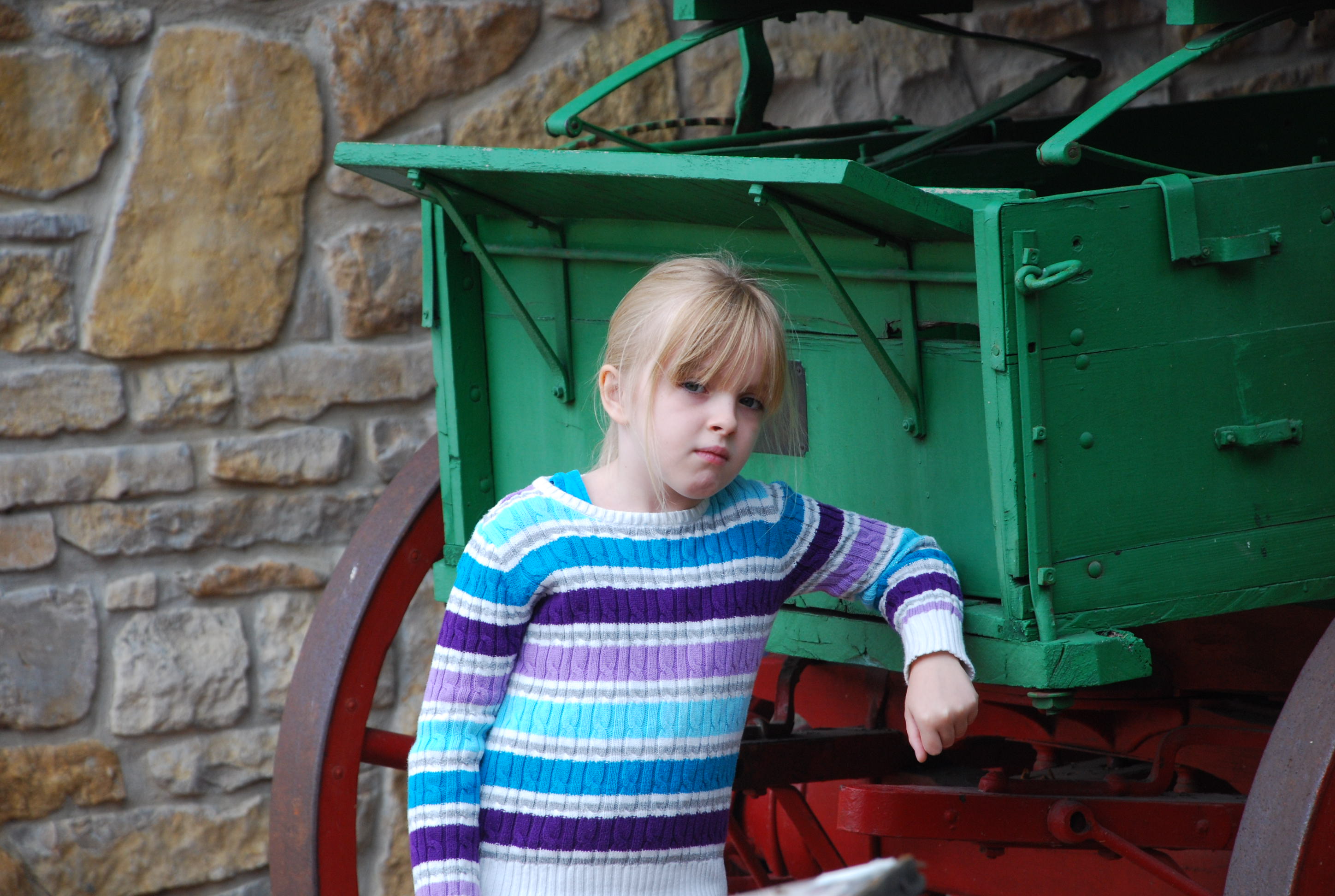
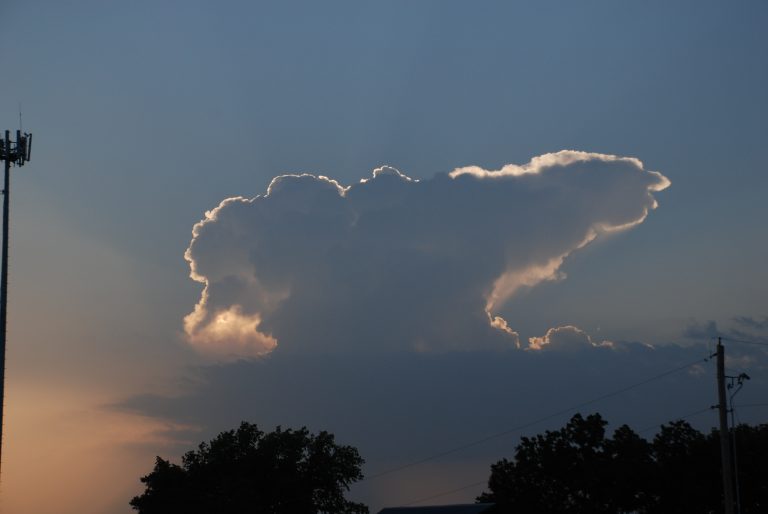
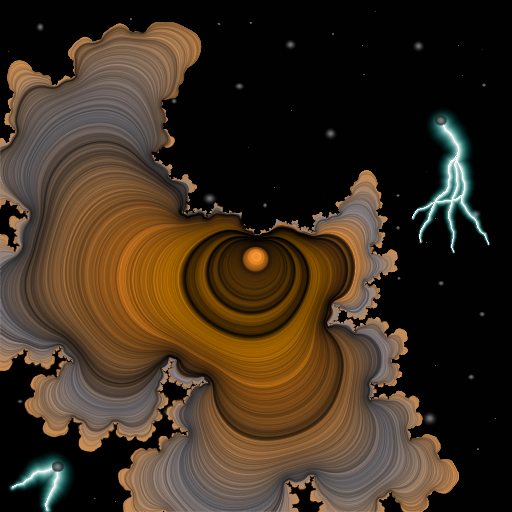
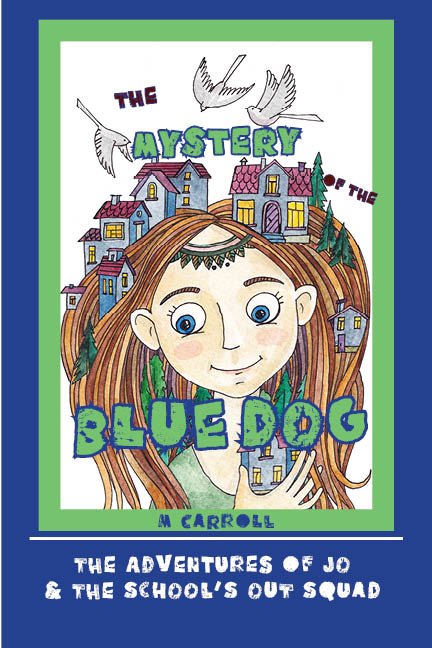
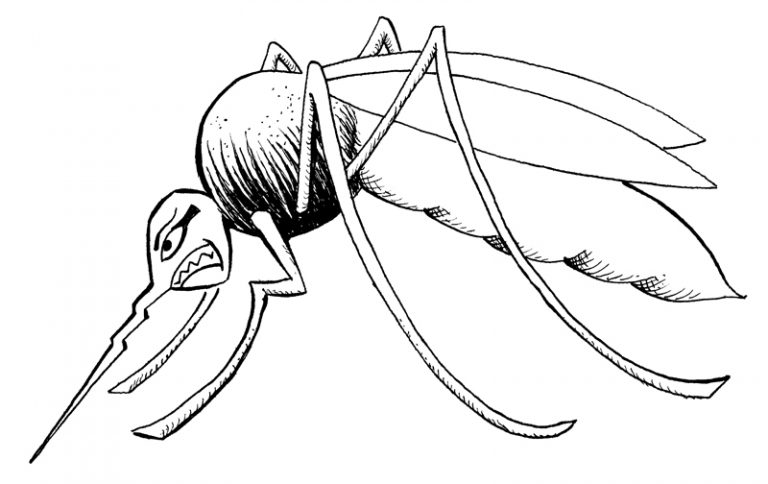
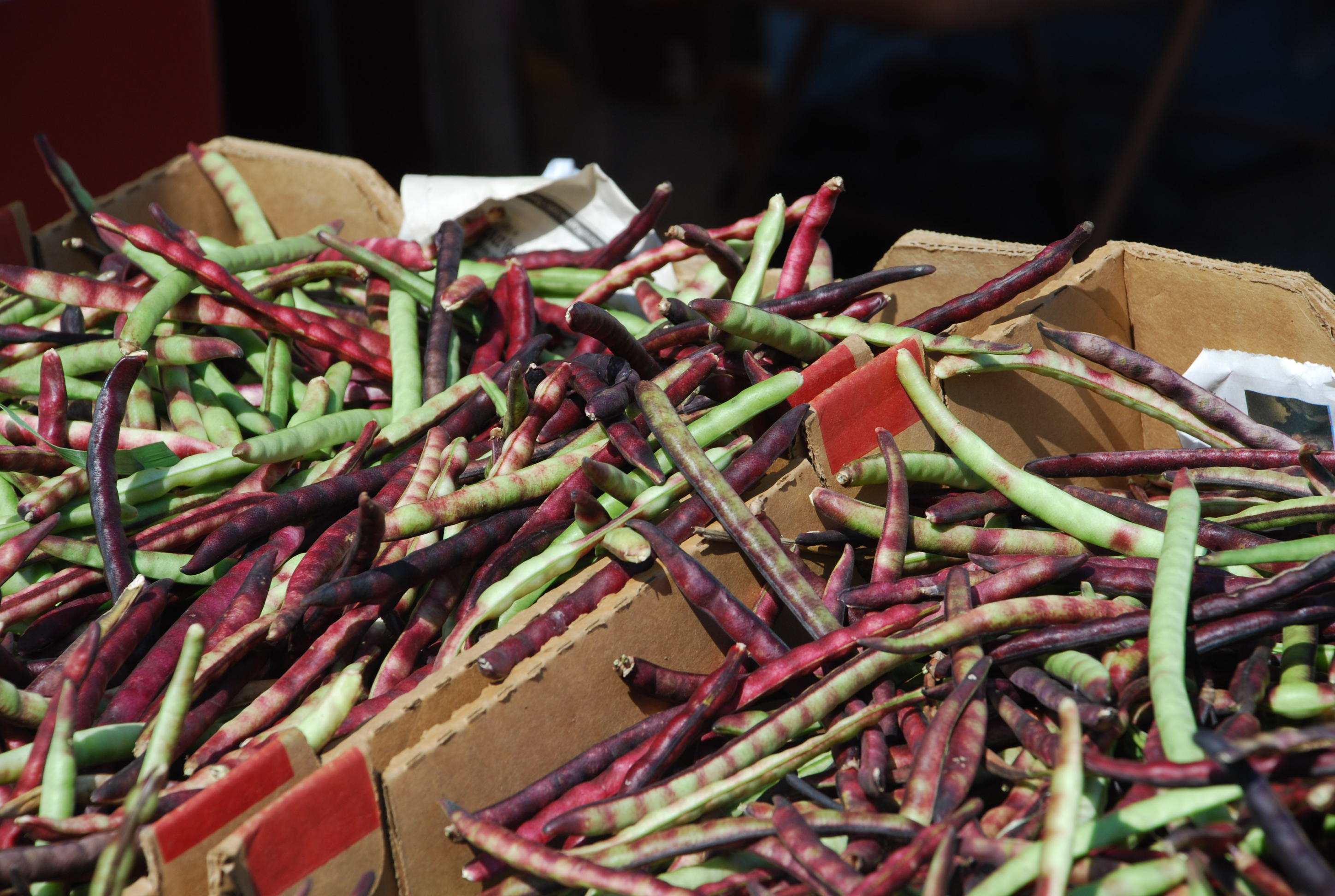
+ There are no comments
Add yours